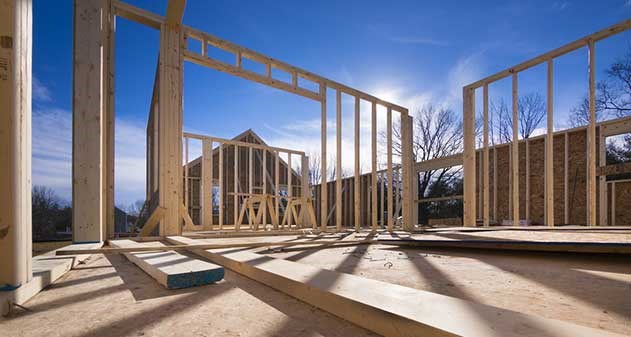B.C. is mapping out a program to build 114,000 affordable housing units to address the province’s housing shortage.
“Families are squeezed, students are struggling, and seniors are falling through the cracks,” Finance Minister Carole James said in her budget speech Tuesday.
The government plan commits $1.6 billion toward affordable housing, maintaining and improving existing social housing, and will help pay for 5,000 new student housing beds at post-secondary institutions.
A new HousingHub office will work with non-profit organizations, governments and private sector, James said.
James committed just over $7 billion for social housing during the coming decade.
New building will include 14,000 rental units for middle- income people. The province is aiming to partner with Indigenous communities to invest $548 million over 10 years to develop social housing.
B.C.’s commitment includes $734 million over 10 years to provide housing for women and children affected by violence. It envisages 2,500 supportive homes for people who are homeless or at risk of becoming homeless.
Housing advocates are generally happy with the initiatives.
Caitlin McCutchen, chairwoman of the Alliance of B.C. Students, is thrilled that $450 million is going toward student housing in the coming three years, calling it a “massive investment.”
On-campus housing at below market rates is crucial for students and new beds will help free up rental spaces in the community, she said.
Isobel Mackenzie, B.C. seniors advocate, welcomed an announced increase to the Shelter-Aid for Elderly Renters program. Average payments will rise by more than $930 annually and affect 35,000 households. The average income of a SAFER recipient is $18,000 and if that person is living in Victoria, their rent is likely $1,000 per month for a one-bedroom rental apartment, Mackenzie said.
The increase is expected to move recipients closer to the 30 per cent of income that should go to housing. “That is very good news,” Mackenzie said.
Also increasing is the money going to B.C.’s Rental Assistance Program. Low-income working families will see their average payment increase by about $800 per year, James said.
Thom Armstrong, executive director of the Co-operative Housing Federation of B.C., said the budget delivered everything the organization wanted to see in the development of affordable housing over the 10 years. “The government has taken these critical steps to address housing supply and affordability in B.C.”
Jill Atkey, managing director at B.C. Non-Profit Housing Association, said housing problems will not be solved overnight. Even so, there are 10,000 new units in the pipeline at the moment so people should feel an impact fairly soon. “It requires patience on all of our parts. There’s a lot of partners working very, very diligently to get those units up and running.”
cjwilson@timescolonist.com



